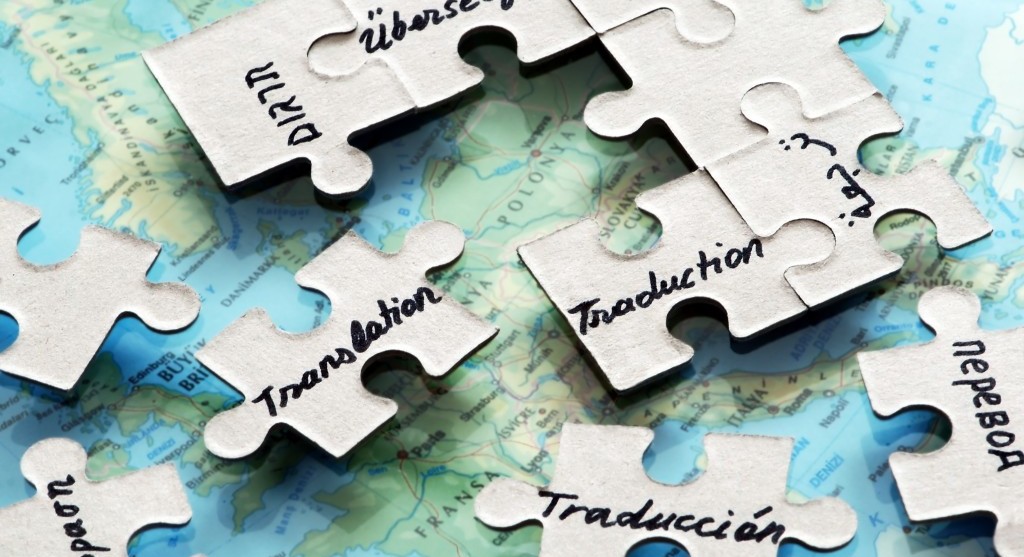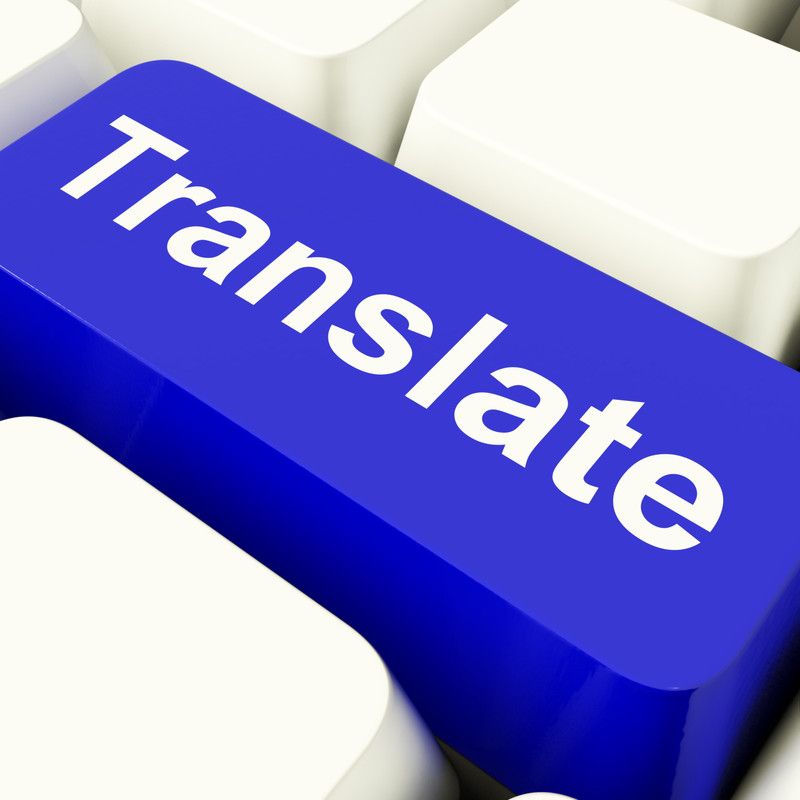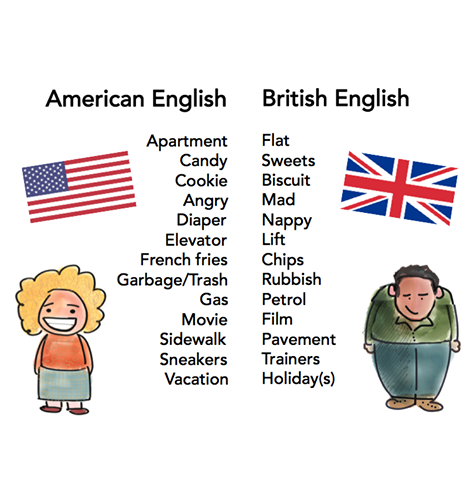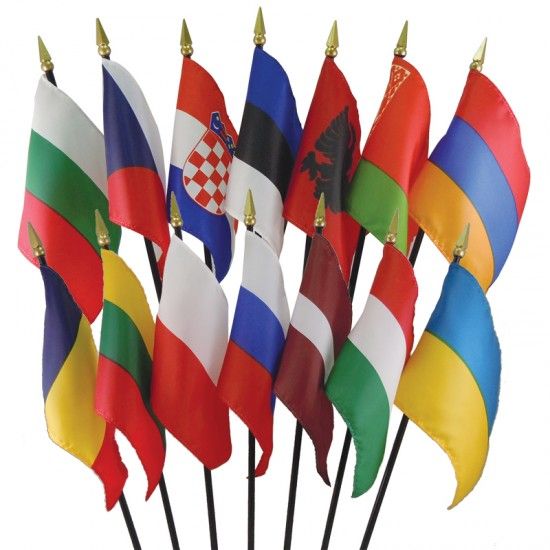Since 1991, every year on the 30th September, translators from all over the world join this celebration to promote translation as a profession, and each year a different theme is chosen. In the past the themes have included Language Rights and The Changing Face of Translation and Interpretation.
Each year, the 30th September marks a very important event in the world of translation-International Translation Day, in celebration of the patron saint of translation, St. Jerome.
Where Did It All Start?
The Bible is by far the most translated text in world history, and has been translated into over 2800 languages. St. Jerome was one of those to translate this famous text, translating it into Latin, the style spoken and written by the people of his time, despite being well versed in Classical Latin. Jerome died peacefully in 420, on the 30th September, and it is on this day that the translating world comes together to celebrate translation across the globe.
International Translation Day As We Know It Today
Since 1991, every year on the 30th September, translators from all over the world join this celebration to promote translation as a profession, and each year a different theme is chosen. In the past the themes have included Language Rights and The Changing Face of Translation and Interpretation. This year, the theme which was proposed by the American Translators Association (ATA) and is Translation and Interpreting: Connecting Worlds. The idea behind this theme is to celebrate how translation brings enables us to share the worlds of business, science, medicine, law, etc.
Feeling Artistic?
In 2012, the International Federation of Translators introduced a poster competition to the event, allowing member associations and other people with an interest in translation to submit posters promoting International Translation Day. The motif of the poster must be linked to the theme chosen for the year, and the design must accommodate two different languages. The winner of the poster competition receives the International Translation Day prize, which consists of a certificate and/or plaque, and where possible their logo will appear on the poster.
This event is a great way of celebrating the importance of translation, and promoting it across the globe!
And what about us?
Here at BigTranslation we have celebrated it the best way possible: translating! Of course every good celebration needs delicious food, especially when it’s our international team! We hope you have enjoyed the day as much as we have, and that it helped you to realise how essential translation is.









 the jumper. Although to British people this is quite clearly an item to keep you warm in winter, in America a jumper is somebody who commits suicide by jumping off a building or bridge. Fortunately the popularity of Harry Potter, and particularly Ron Weasley, across the globe has helped Americans to understand the commonly used British meaning!
the jumper. Although to British people this is quite clearly an item to keep you warm in winter, in America a jumper is somebody who commits suicide by jumping off a building or bridge. Fortunately the popularity of Harry Potter, and particularly Ron Weasley, across the globe has helped Americans to understand the commonly used British meaning!




